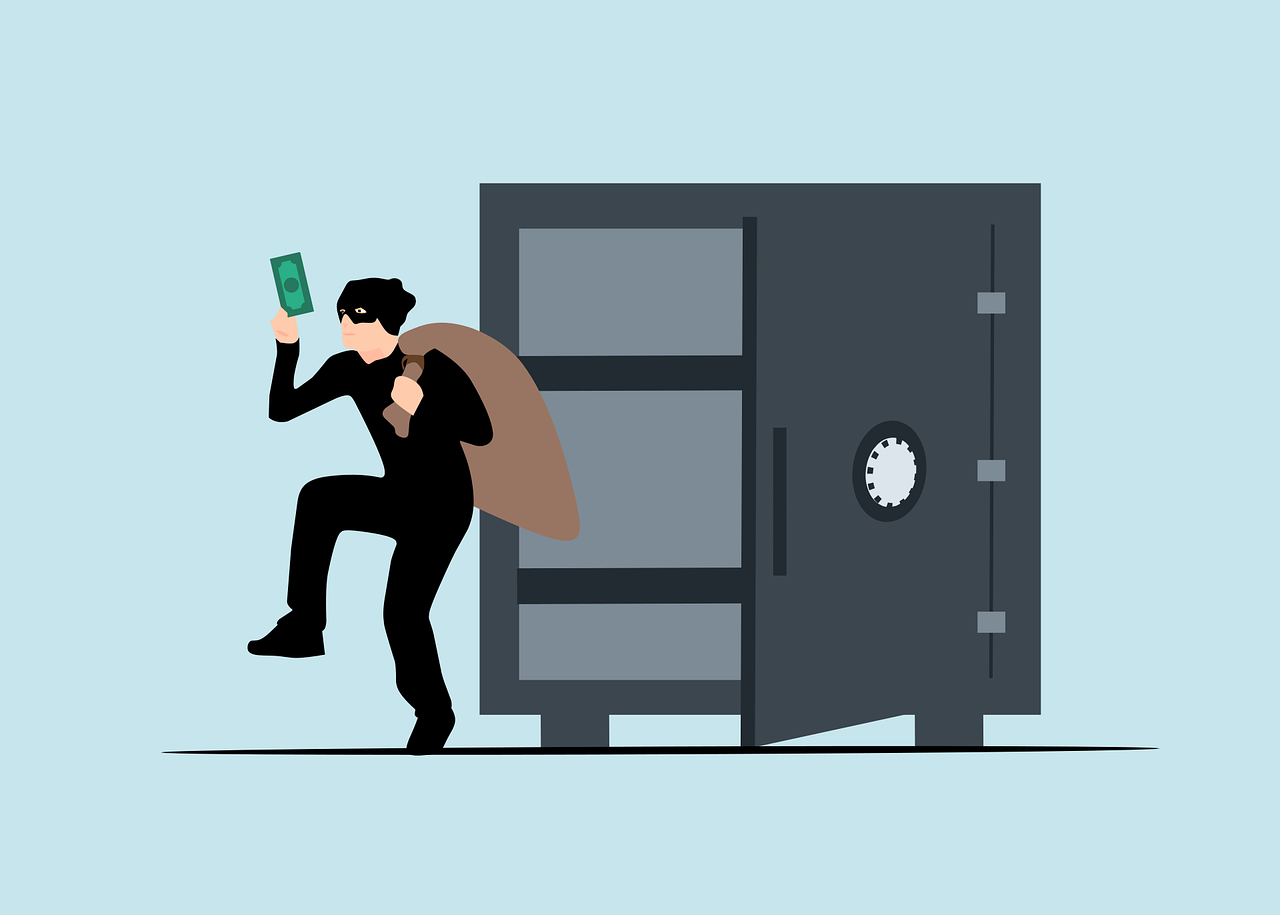Bitcoin in its truest form can liberate people from traditional banking systems, and provide them with financial freedom. However, this decentralized currency has also become a breeding ground for scams and frauds. Every day, unsuspecting individuals fall victim to Bitcoin-related scams and lose their hard-earned money. This is a shame as these victims often fall back into the fiat fraud and dismiss the benefits of Bitcoin entirely.
Education plays a crucial role in preventing and avoiding Bitcoin scams and crypto frauds. By educating yourself about the basics of Bitcoin, its technology, and how to safely transact with it, you can protect yourself from falling prey to cybercriminals. Understand how Bitcoin works, as this is the first line of defense against scams and frauds. However, there are other tactics and strategies that can further safeguard against potential threats.
Types of Bitcoin Scams and Frauds
Before discussing how education can prevent Bitcoin scams, it is essential to understand the different types of scams and frauds that exist in the Bitcoin world. Some of the most common ones include:
- Phishing Scams: These scams involve fake emails, websites, or social media accounts impersonating legitimate Bitcoin services. Victims are tricked into providing their usernames, passwords, and other sensitive information, which can then be used to access their cryptocurrencies.
- Ponzi Schemes: Similar to traditional Ponzi schemes, these scams promise high returns on investments but rely on new investors’ money to pay off existing ones. Eventually, the scheme collapses, and many individuals lose their investments.
- Fake ICOs: Initial Coin Offerings (ICOs) are a popular way for startups to raise funds in the cryptocurrency world. However, scammers often create fake ICOs to lure investors into buying non-existent or worthless tokens.
- Malware Attacks: Malicious software can be used to steal Bitcoin from victims by gaining access to their digital wallets or computers.
These are just a few of the many types of scams and frauds that exist in the Bitcoin world. It is crucial for you to educate yourself about these threats and how to spot them.

Why Scammers Thrive In This Digital Financial Era
In times of crises, such as financial woes the human mind becomes more susceptible to being misled. Scammers thrive in this digital financial era because they prey on individuals’ fear and greed, promising quick and easy returns. They also take advantage of the fact that cryptocurrency is still a relatively new concept, and many people do not fully understand how it works.
Moreover, the decentralized nature of cryptocurrencies makes them a prime target for scammers. With no central authority regulating or overseeing transactions, it is easier for scammers to hide their illegal activities and avoid detection. From convincing people to give up their private keys to creating fake ICOs, scammers have found numerous ways to exploit the cryptocurrency market.
Another factor that contributes to the success of scams in the cryptocurrency world is the anonymity it offers. Transactions are recorded on a public ledger, but identities are kept anonymous, making it difficult to trace and catch scammers. The average person may not have the technical knowledge or resources to track down a scammer, giving them an advantage in their illicit activities.
The Scammer’s Process
By understanding the steps a scammer takes to deceive people and steal their money, people can better protect themselves from falling victim to such schemes.
- Rapport: Scammers will often try to establish a relationship with their victims, gaining their trust and making them feel comfortable.
- Storytelling: Scammers will create a compelling story to draw people in and make them believe they have a chance of making a large profit with little effort.
- Urgency: To create a sense of urgency, scammers may claim that the opportunity is limited and encourage quick action.
- Small Favors: Scammers may ask for small favors or investments, gradually building trust and leading to larger requests.
- Big Win: Finally, scammers will entice their victims with the promise of a big payout, convincing them to hand over their money or personal information.
As individuals become more aware of these steps, they can recognize when someone is trying to scam them and take appropriate action.
Protect Yourself
With the rise of cryptocurrency scams, it is essential to take precautions to protect oneself from falling victim. Here are some tips to keep in mind:
- Do your research: Before investing in any cryptocurrency or participating in an online opportunity, make sure to research and verify the legitimacy of the company or individual.
- Don’t give out personal information: Never share your personal information, such as social security number or bank account details, with anyone you do not trust. This includes your private keys.
- Be cautious of promises of high returns: If something seems too good to be true, it probably is. Be wary of promises of high returns with little effort.
- Stay vigilant: Always stay alert and aware when dealing with financial transactions online. Keep an eye out for any red flags and trust your instincts.

Investing For Yourself and Holding Your Own Private Keys
With the implosion of major exchanges and the increasing number of scams, many people are turning to self-custody as a safer option for storing their cryptocurrency. Self-custody means that you hold your own private keys, giving you full control over your digital assets. This also means that you are solely responsible for the security of your funds.
Although it may seem daunting at first, there are several options available to help Bitcoiners to securely store their cryptocurrency. These include hardware wallets, paper wallets, and multisig wallets. It is important to research and find the best option that suits your needs and risk tolerance.
It’s also important not to trust others with crypto investments for you. Imagine a young 20 something year old with luxury cars and watches telling you that he’s a major Bitcoin investor big-shot that knows when to exit or enter any trade. He promises that if you give him your money, he’ll double it in a week. Sounds too good to be true, right? That’s because it is.
It’s easy to get caught up in the hype and promises of high returns, but it’s important to stay vigilant and not fall for scams. Trust your instincts and do your own research before making any investment decisions. No one can time the market perfectly, and no one can guarantee high returns without significant risk.
Always take responsibility for your own investments and hold your own private keys to maintain control over your assets.
Final Thoughts
Scammers will turn anything positive into their own self-serving schemes. The increasing popularity of cryptocurrency has made it a prime target for scammers and fraudsters. Stay informed and educated about the risks involved in the Bitcoin space, and always err on the side of caution when it comes to your investments.
Remember, self-custody is key when it comes to protecting your digital assets. Don’t trust anyone else to hold or manage your BTC for you. With the right knowledge, tools, and caution, you can securely store and grow your Bitcoin investments.

